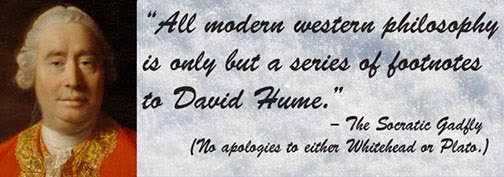But now, a Cornell researcher has partially resurrected them.
At least with color discrimination, Gary Lupyan says a specific language background does make a difference:
Language helps us learn novel categories, and it licenses our unusual ability to operate on an abstract plane, Lupyan said. The problem is that after a category has been learned, it can distort the memory of specific objects, getting between us and the rest of the nonabstract world.
This fits well with the general idea of “man the category-making creature.”
But, not everybody is ready to buy into even a limited version of Whorfian linguistics redivivus.
On the contrary side? Evolutionary Psychologist (yes, with the double capital letters, see my tages) Steve Pinker. (That, of course, means there’s a good chance the theorizing is right and he’s wrong.)
This separation of language and thought is emphasized in a recent book by Steven Pinker, at Harvard University, a skeptic of “neo-whorfianism.” In “The Stuff of Thought: Language as a Window Into Human Nature,” Pinker explores the complicated ways that language and thought relate to each other. He cautions against confusing the “many ways in which language connects to thought.” “Language surely affects thought,” he writes, but he argues that there is little evidence for the claims that language can force people to have particular thoughts or make it impossible for them to think in certain ways. With numbers, the importance of language evidence is much clearer. It appears that the ability to count is necessary to deal with large, specific numbers. And the only way to count past a certain point is with language.
He’s overstating the case. Lupyan didn’t say anything about forcing. Rather, as with human genes, we might say that in certain categories of reasoning, one language may create a predisposition (and perhaps no more than a mild one) toward reasoning in one way rather than another.

No comments:
Post a Comment